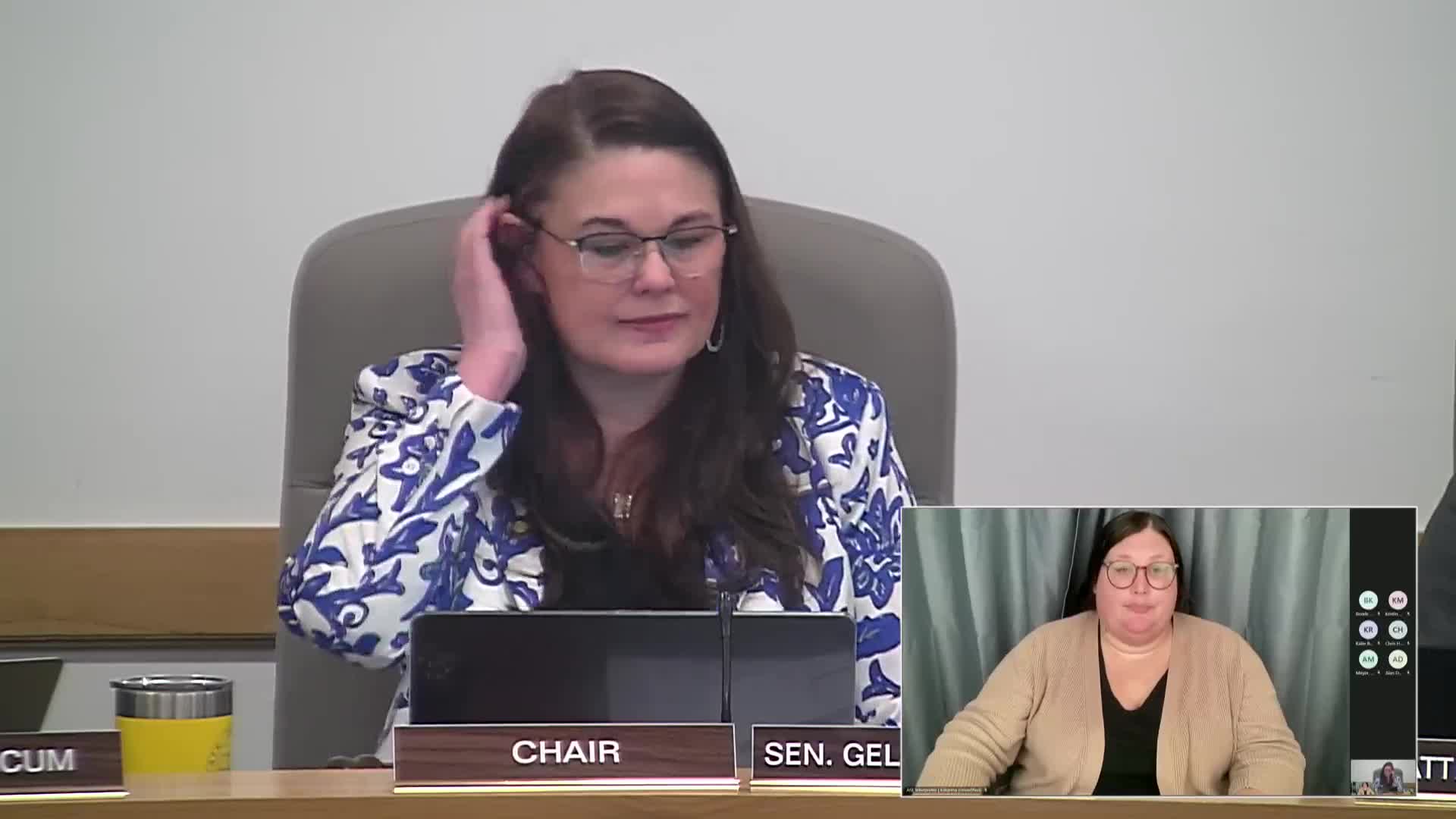Bill would invite CASA representation to child welfare advisory bodies; network asks for permissive language and staff representation
Get AI-powered insights, summaries, and transcripts
Subscribe
Summary
Senate Bill 135 would add court appointed special advocate (CASA) representation to several advisory councils and multidisciplinary review teams that address children in the child welfare system. The Oregon CASA Network supported the concept but asked that inclusion be permissive, funded and specified as Oregon CASA Network staff for statewide
Senate Bill 135 would add court appointed special advocates and CASA program representatives to a list of advisory councils, committees and review teams that address children in the child welfare system.
Committee staff said the goal is to “infuse the voice of children into these processes” by opening invitations to CASA representatives. The sponsor and staff clarified that the forthcoming amendments are intended to make participation permissive rather than mandatory, to specify that statewide committees should invite a representative of the Oregon CASA Network and local committees should invite local CASA program staff (rather than listing current or former volunteers), and to add a definition of CASA where appropriate.
Chris Hinkle, staff attorney for the Oregon CASA Network, told the committee the network appreciates the invitation to broaden participation but cautioned that capacity is limited. “The Oregon CASA Network is requesting additional state funding for this session, but even if we receive the requested amount, there may not be enough capacity to ensure that a CASA representative could serve on each of the listed groups in the bill,” Hinkle said. He asked the committee to amend the bill to allow permissive inclusion and to distinguish between statewide network staff and local program representatives.
Committee members asked whether CASA representatives belong on county-level multidisciplinary review teams that may conduct individual case staffing. Staff replied that those teams also work on community protocols and information sharing, not solely individual cases, which is why system partners that are not parties to a case may participate.
No vote was taken; the committee indicated amendments under discussion would clarify discretionary attendance and use network staff rather than volunteers for statewide seats.
